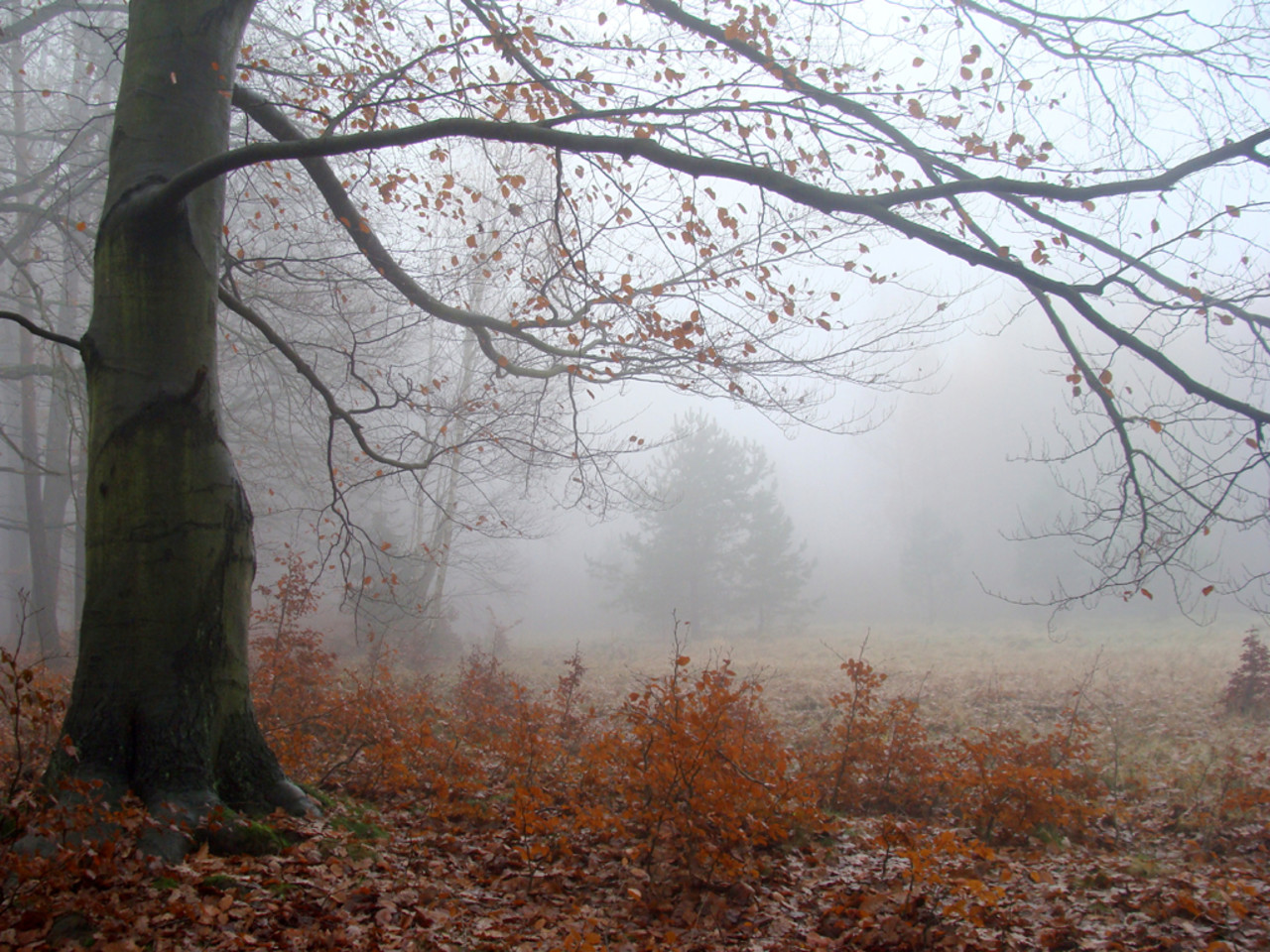Urban Nightlife
What is the that means of night time bar?
The time period nighttime bar refers to establishments that operate primarily through the night and late-night hours, catering to people in search of a energetic atmosphere to socialize, unwind, and luxuriate in varied drinks and entertainment.
In urban nightlife, nighttime bars function social hubs the place people gather to expertise the local culture, music, and gastronomy. These venues typically feature diverse themes, from informal lounges to vibrant dance golf equipment, attracting totally different crowds based mostly on their ambiance and choices.
Characteristics of Nighttime Bars
Nighttime bars usually have distinctive options that set them aside from regular pubs or daytime bars:
- Extended Hours: Open late into the night, usually until the early morning.
- Live Entertainment: Many bars host reside music, DJs, karaoke, and other performances.
- Unique Cocktails: A concentrate on innovative drinks and mixology, often with signature cocktails.
- Themed Nights: Special events or promotions that attract crowds, like trivia nights or dance parties.
Overall, nighttime bars play a major function in city nightlife, offering a dynamic space for social interplay and leisure underneath the duvet of darkness.
Why is nightlife so popular?
Urban nightlife has gained immense popularity for a quantity of reasons:
- Social Interaction: Nightlife offers a vibrant environment for people to socialize, meet new friends, and strengthen present relationships.
- Diverse Entertainment: Cities provide a variety of leisure options, including clubs, bars, concert events, and occasions, catering to completely different tastes and preferences.
- Escape from Routine: Nightlife permits people to break free from their day by day routines and luxuriate in new experiences, offering a sense of journey.
- Cultural Expression: Urban areas usually showcase numerous cultures by way of meals, music, and art, permitting nightlife to serve as a platform for cultural change and appreciation.
- Economic Opportunities: The nightlife sector creates quite a few job opportunities and boosts local economies, making it an integral part of city development.
- Access to Late-Night Amenities: Many cities provide services and facilities that cater to nightlife fanatics, similar to late-night eating and transportation options.
These components contribute to the allure of urban nightlife, making it a beloved facet of metropolis living that fosters neighborhood and creates memorable experiences.
Are nightclubs in decline?
Urban nightlife has been undergoing important changes lately, prompting a discussion about whether or not nightclubs are in decline. Various components contribute to this evolving panorama.
Factors Contributing to the Perception of Decline
- Changing Preferences: Younger generations are increasingly favoring experiences over traditional nightlife. Events like pop-up bars, rooftop gatherings, and immersive experiences appeal to consideration.
- Technology and Social Media: The rise of social media and cell apps has transformed how people socialize, with many opting for non-public gatherings or smaller venues that emphasize a personal touch.
- Economic Factors: Economic fluctuations can impact disposable earnings. In challenging times, people could in the reduction of on costly nightlife outings.
- Health and Safety Concerns: The COVID-19 pandemic severely affected nightlife, with lingering health concerns leading to changes in social behavior.
Nightclubs Adapting to Challenges
While some might argue that conventional nightclubs are in decline, op many are adapting to the new panorama:
- Diverse Offerings: Nightclubs are more and more offering a selection of experiences, including themed nights, live music, and art exhibitions to attract in several crowds.
- Focus on Safety: Enhanced safety measures, corresponding to improved air flow and crowd management, help nightclubs regain patron confidence.
- Integration of Technology: Clubs are using expertise for enhanced experiences, corresponding to cellular ordering and digital reality experiences.
Conclusion
In abstract, while traditional nightclubs could face challenges, they're also evolving to satisfy the demands of recent urban nightlife. Rather than a simple decline, the nightclub scene is transforming, reflecting broader social developments and preferences.
